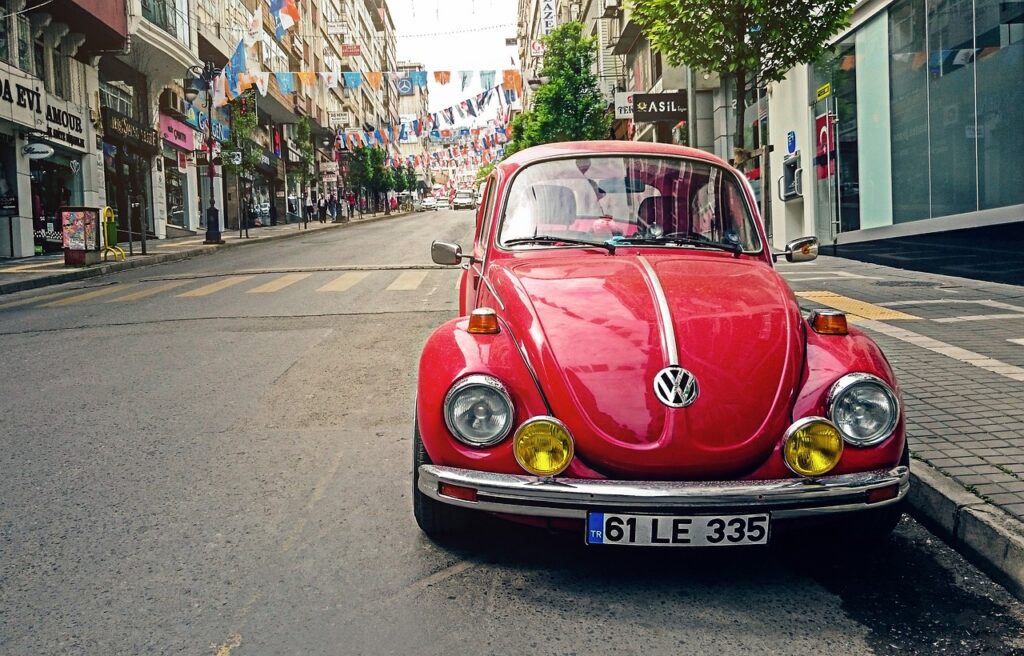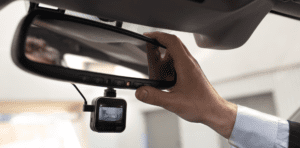Compare cheap car insurance
✔ Compare cheap car insurance quotes
✔ Over 110 insurance providers
✔ Get a quote in minutes
✔ Save up to £504*
Many drivers in the UK believe they are paying too much for their car insurance. But what are the reasons behind the high cost of car insurance? How are premiums determined? And is it possible to reduce these costs?
Why Is My Car Insurance So High?
There are several factors that contribute to the high cost of car insurance. These can be broken down into external influences that are largely beyond your control and other issues within the insurance sector itself.
Rising Claim Costs
Rising claim costs are a significant factor behind the increase in car insurance premiums. Over recent years, the price of vehicle repairs has surged, primarily due to supply chain disruptions and the rising value of second-hand cars.
The Association of British Insurers (ABI) notes that energy inflation has added over £70 to each repair bill, with the cost of paint and materials climbing by nearly 16%.


Additionally, advancements in car security technology, rather than reducing vehicle theft, have paradoxically led to a spike in keyless car thefts, further inflating insurance costs.
The Insurance Premium Tax (IPT) has seen significant increases, doubling from 6% to 12% between 2015 and 2017.
For younger drivers, who often face premiums exceeding £1,000, this means an additional £120 or more in IPT each year. This tax, when combined with rising insurance costs, exacerbates the financial burden on policyholders.
Serious Injury Compensation
The Ogden discount rate is used by insurers to calculate compensation pay-outs for serious injuries. Fluctuations in this rate directly affect the cost of your insurance cover, with any increase leading to higher premiums.
Insurance Fraud
Insurance fraud is another critical issue, costing the industry over £1.1 billion annually. This adds an estimated £50 to the yearly insurance bills of households.
Practices such as fronting—where a more experienced driver falsely claims to be the main driver for a lower premium—and fraudulent whiplash claims significantly impact insurance rates.
However, efforts to clamp down on these practices are expected to help reduce premiums in the future.
Uninsured Drivers
Finally, uninsured drivers present a considerable challenge, costing the insurance industry £500 million each year according to the Motor Insurers’ Bureau (MIB).
This cost is ultimately passed on to law-abiding drivers through higher premiums, as insurers seek to recoup the losses incurred by covering accidents involving uninsured motorists.
How much can you save on your car insurance?
What Other Factors Can Affect the Price of My Car Insurance?
While external and industry-related factors play a significant role in determining car insurance premiums, personal circumstances are often the primary differentiator between the costs incurred by different drivers.


Personal Risk Factors
The principle here is straightforward: the higher the risk of an accident, the higher your insurance premium. Several key personal factors contribute to this assessment of risk:
Age
Age is a critical factor, with drivers under 25 often facing the highest premiums. This is because younger drivers are statistically more likely to be involved in accidents. As you grow older and gain more driving experience, your insurance costs typically decrease.
Location
Your postcode can significantly influence your premium. Areas with a higher risk of theft and vandalism—often urban and inner-city locations—tend to have higher insurance costs compared to more rural or suburban areas.
Occupation
The nature of your job can also affect your premium. Certain occupations are deemed higher risk by insurance companies.
For example, a labourer may have a higher premium than a secretary, based on the perceived risk associated with the job.
Car Insurance Group
Vehicles are categorised into different insurance groups based on factors like value, performance, and repair costs. Cars in higher groups are generally more expensive to insure.
This grouping system allows insurers to calculate premiums based on the relative risk and potential cost of claims associated with different makes and models.
Understanding these factors can help you make informed decisions about your car insurance and potentially find ways to lower your premiums.
How much can you save on your car insurance?
Why Is Car Insurance So Expensive for New Drivers?
The cost of car insurance for new drivers is significantly higher compared to that for older, more experienced motorists. This discrepancy is primarily due to the increased likelihood of new drivers making insurance claims.


Statistical Risk and Inexperience
New and young drivers are seen as higher-risk by insurance companies for a couple of key reasons:
Increased Likelihood of Making a Claim
Statistically, new drivers are more likely to be involved in accidents. This higher propensity for making claims stems from their lack of experience on the road.
Insurance companies assess risk based on historical data, and this data shows that new drivers are more prone to mistakes and misjudgements that can lead to accidents.
Perceived Risk by Insurance Providers
From the perspective of insurance providers, drivers with less experience behind the wheel are considered to pose a greater risk.
This perception is grounded in the reality that inexperienced drivers have not yet developed the road awareness and driving skills that come with time and practice.
As a result, insurance premiums are set higher for new drivers to offset the increased risk they represent to insurers.
How much can you save on your car insurance?
Why Has My Car Insurance Gone Up After Auto-Renewal?
Experiencing a rise in car insurance premiums at auto-renewal can be perplexing and frustrating. Several factors can contribute to this increase, ranging from personal driving history to broader economic conditions.


Personal Driving Record
Accidents and Licence Points
If you’ve been involved in an accident or have received points on your licence, these are direct factors that can lead to an increase in your insurance costs. Insurance companies view these events as indicators of higher risk, which is often reflected in raised premiums.
Economic and Market Factors
Inflation and Market Dynamics
Inflation and other market factors can also play a significant role in the adjustment of your insurance premiums. As the cost of services and repairs increases, insurers may raise premiums to cover these higher operational costs.
The Impact of Auto-Renewal
Searching for Better Deals
While auto-renewal can offer convenience, it might also result in less competitive rates over time.
It’s wise to shop around before your policy renews to ensure you’re getting the best possible deal. Since the Financial Conduct Authority (FCA) banned the practice of ‘price walking‘ in January 2022, insurers can no longer hike renewal prices to offset cheap introductory offers for new customers.
However, actively comparing car insurance quotes can still yield significant savings, even without the influence of price walking.
Being proactive about your car insurance by regularly reviewing your policy details and shopping around can help you secure more favourable rates and ensure your insurance cover meets your current needs.
How much can you save on your car insurance?
How Can I Reduce My Car Insurance?
While car insurance is a necessary expense for car owners, there are several strategies you can employ to reduce your premiums.
By understanding what influences insurance costs, you can take actionable steps to lower your payments.


Utilise Telematics Insurance
Black Box or Telematics Policies
Opting for black box, or telematics insurance, can lead to savings on your insurance premiums.
This technology involves installing a device in your car or using an app to track your driving habits. Demonstrating safe driving behaviour can result in lower premiums upon renewal.
Maximise No-Claims Discounts
Building a No-Claims Record
Each year you drive without making a claim can increase your eligibility for a no-claims discount, which reduces your premium for the subsequent year. Maintaining a clean driving record is a key way to keep insurance costs down.
Adjust Your Voluntary Excess
Increasing Your Excess
Agreeing to a higher voluntary excess can lower your premium. It’s essential, however, to ensure that you can afford this amount plus any compulsory excess in the event of a claim.
Reduce Your Mileage
Limiting Car Use
Consider car-sharing or working from home if possible to cut down on your annual mileage. Lower mileage can lead to modest savings on your insurance premium, as it reduces your time on the road and thus your risk of an accident.
Choose Your Car Wisely
Car Type and Engine Size
The type of car you drive significantly affects your insurance costs. Vehicles with smaller engines and those that are not high-performance models are usually cheaper to insure due to lower replacement and repair costs.
Shop Around for Better Deals
Comparing Insurance Quotes
When your policy is due for renewal, don’t just accept the first quote you receive. Shopping around and comparing quotes from different insurers can lead to substantial savings.
Taking the time to explore your options can ensure you find the best possible deal for your circumstances.
See more tips for getting cheaper car insurance










